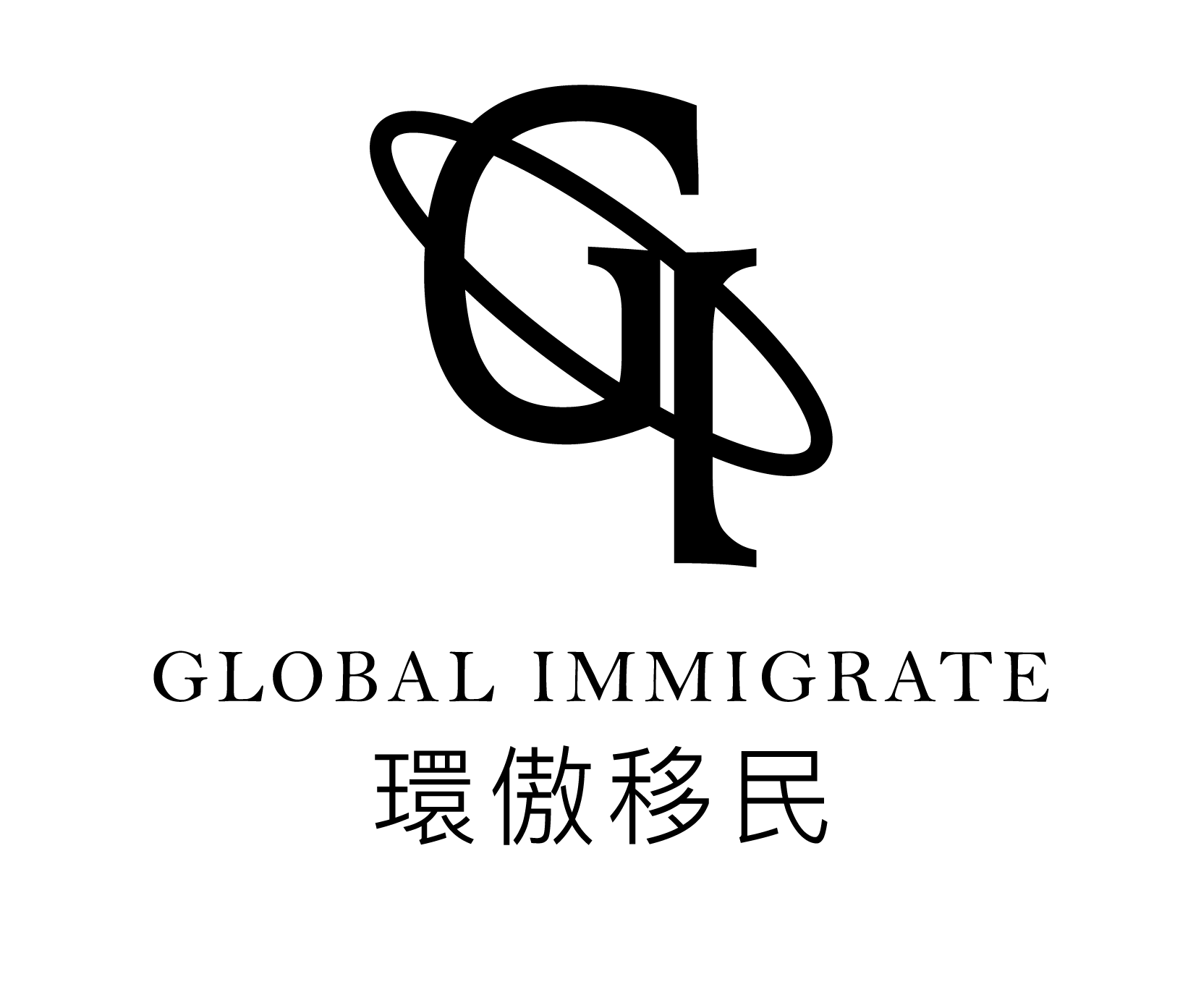Although the epidemic continues, work must continue. Recently, an organization published a survey of the most popular overseas work countries among professionals and was crowned the champion for the first time. The analysis pointed out that the main reason is that Canada has better epidemic prevention measures and a more open culture, which attracts highly educated people to work locally.
Before Working in Canada, the Rights You Need to Know
In order to protect workers, Canadian labour laws set minimum wages for overtime and holiday allowances. Each province has legislated a minimum salary standard, but the salary level of each province will be slightly different. According to the latest information released by the Canadian government in June 2021, the minimum wage rate for experienced adult workers is between CAD 11.45 and 16.00. In addition, there are special regulations for young workers and special occupations.
- Popular jobs in Canada
- Administrative Assistant
- customer service
- Sales Assistant
- Retail clerk
- Accounting Clerk
- project manager
- Registered nurse
- Electrical engineer
- software developer
- IT technical support staff
- buyer
Reasonable Working Hours and Overtime
In most provinces of Canada, if the weekly working hours exceed a certain number of hours, you are entitled to overtime pay 1.5 times your hourly wage. The details depend on the regulations of each province. The threshold in British Columbia is 40 hours, and the threshold in Alberta and Ontario is 44 hours. For companies regulated by federal regulations, the number of hours is 8 hours a day and 40 hours a week.
2021 Manual Ranking of Canadian Provinces
|
Jurisdiction |
Effective Date (Latest) |
Wage Rate (CAD) |
|
Alberta |
01-Oct-2018 |
$15.00 |
|
British Columbia |
01-Jun-2021 |
$15.20 |
|
Manitoba Manitoba |
01-Oct-2021 |
$11.95 |
|
New Brunswick |
01-Apr-2021 |
$11.75 |
|
Newfoundland and Labrador |
01-Apr-2021 |
$12.50 |
|
Northwest Territories |
01-Sep-2021 |
$15.20 |
|
Nova Scotia |
01-Apr-2021 |
$12.95 |
|
Nunavut Region Nunavut |
01-Apr-2020 |
$16.00 |
|
Ontario |
01-Oct-2021 |
$14.35 |
|
Prince Edward Island |
01-Apr-2021 |
$13.00 |
|
Quebec |
01-May-2021 |
$13.50 |
|
Saskatchewan |
01-Oct-2021 |
$11.81 |
|
Yukon |
01-Apr-2021 |
$13.85 |
*Update to 06/2021
*Source: Government of Canada
Latest News
Details of Canada’s lifeboat plan announced in June this year – Stream B: Canadian work experience
Applicants must have graduated in the 5 years before you apply with one of the following:
- a diploma (not graduate or post-graduate) for a program of at least 2 years, or a degree (for example, an associate degree, a bachelor’s degree, a master’s degree or a doctorate) from a post-secondary designated learning institution in Canada
- a graduate or post-graduate diploma or certificate for a program of at least 1 year from a post-secondary designated learning institution in Canada
- a foreign educational credential equivalent to one of the following:
- a Canadian post-secondary diploma (not graduate or post-graduate) for a program of at least 2 years
- a Canadian post-secondary degree
- a Canadian graduate or post-graduate diploma or certificate for a program of at least 1 year
- have worked in Canada for at least 12 months full time, or an equal amount of part-time hours in the 3 years before you apply.
🔻🔻🔻🔻🔻🔻🔻🔻🔻🔻
Make an appointment now for a free consultation on the “2 Pathways for Hong Kong Residents”:
For more information, please contact our experienced immigration consultant now:
WhatsApp: 6888 4742 (https://bit.ly/GI_hello)
Phone: 2566 5066
Website: http://bit.ly/GI_2pathways

